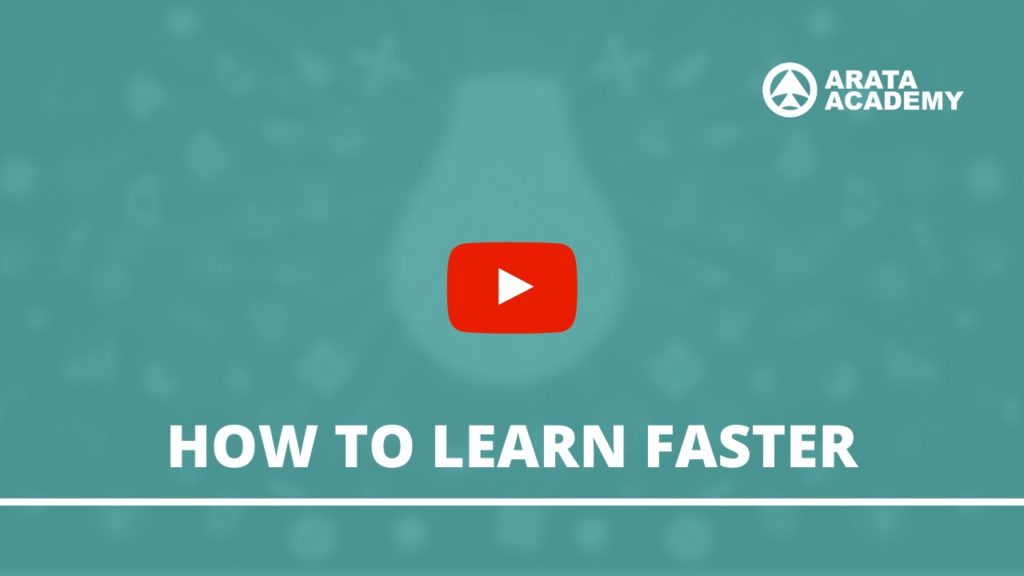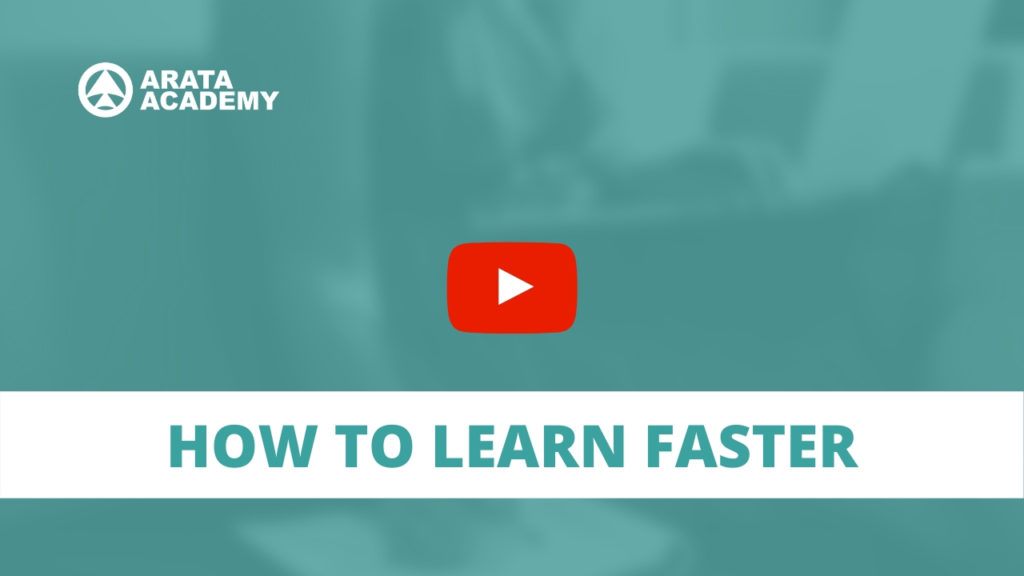Hello! Seiiti Arata. Would you say your enthusiasm is like fire from straw? If you’ve ever made a fire when camping, you’ll have noticed that straw burns with great intensity, but the fire only lasts for a short time.
You may quickly get excited about a new project, but the enthusiasm will also fade away quickly, especially when the results you dreamed of are not immediate.
Is it normal for us to be unable to continue, to give up quickly, or to have too little discipline to develop consistent habits?
1. The practice is difficult when we just want the end result.
Let us illustrate this story of lack of discipline.
You get your new project. You are enthusiastic, and you have a romantic belief that it will be extremely interesting and fun to perform this activity. You will become a great expert!
But after suffering the difficulty of the first day of practice, your enthusiasm will diminish. Other commitments in your life will accumulate until a particular day when you are short on time and cannot go to practice.
You remember your romantic and idealized vision of the perfect result. So what do you say? I WILL COMPENSATE LATER.
However, you continue procrastinating. When the day comes to show what you have accomplished, since you have not practiced, your performance is much lower than you expected, and you suffer a lot.
You will feel more and more guilty for not being able to do everything until the time when anxiety and frustration destroy that romantic vision that you had imagined.
Finally, the day comes when you completely lose interest. You get mesmerized by the next shiny object ahead. It is a new project, a new goal. And the cycle will repeat.
Do you fit this profile?
2. Every worthwhile achievement requires practice.
Life itself is nothing more than a long practice—a continuing effort to improve our next steps.
If you do not want to suffer from stress but instead want to have tranquillity and pleasure in your learning, you need to understand the mechanisms of the practice.
We are too often hurried and anxious, unable to enjoy the pleasure of practice. We live in a society built on multitasking. We are always doing several things at once and thinking of several things at once.
The big problem is that when we really want to focus on only one task, it is almost impossible. Our minds are so busy and agitated that it is difficult to calm down. We are tired and stressed. However, the practice requires stillness of the mind. The practice seeks to be in the present moment and to be focused. If you need more focus, do our FOCUS course by going to http://arata.se/focuscourse.
We cannot be anxious. We need to be in the present moment, fully aware of what we are doing.
3. Regain control of your thoughts.
If you are not in control of your thoughts, you are not in control of yourself or your destination.
If you are unaware of the kind of thoughts you are thinking, your priority must be to increase this awareness.
When you are too concerned about the final result— that magical moment when you finally have the ability or the desired learning and can finally be happy—you are making a big mistake.
You are looking at the process as an inconvenience that you would like to avoid. You want only to reach the final destination
As a result, you will not take advantage of the time to study and practice. You will not have the discipline to get to your final destination. Learning will not happen.
4. Do one thing at a time.
No matter how many other tasks you have to accomplish, when you decide to take the time to practice, you should devote all your attention to the present moment. In this way, the practice is a process that brings you peace of mind. Otherwise, the practice will bring you anxiety.
When we say that you should be fully focused on the present moment, it means that you do not want your thoughts to be elsewhere. You want to watch what you are doing and pay attention to the consequences of your actions. This is how you will be able to improve your practice.
Only a few students find pleasure in practice. Most feel pain in practice.
The difference is that those who find joy are doing the real practice. Everyone else is just suffering from the desire to be elsewhere. So they are suffering.
Remember: Suffering is the gap between expectation and reality. http://arata.se/hello43
When you are looking forward to already having the skill, you may still be studying or practicing, but in reality, there is a mismatch. You are concentrating on the goal, not on the process.
You have to accept the fact that you have not yet developed the ability, and therefore you need to keep practicing. That will make you sit in the chair and continue performing the exercises that are necessary in your practice.
You need to learn how to learn. In our course, How to Learn Faster, I’ll teach you all the techniques you need to encounter a reading for the first time, how to make a good reading, how to take good notes, and how to perform well in reviews.
All of this will prepare you to practice correctly. You need to learn how to make your practice time a pleasant experience, without anxiety and stress.
You can now visit the link to take advantage of the course content: http://arata.se/howtolearn

